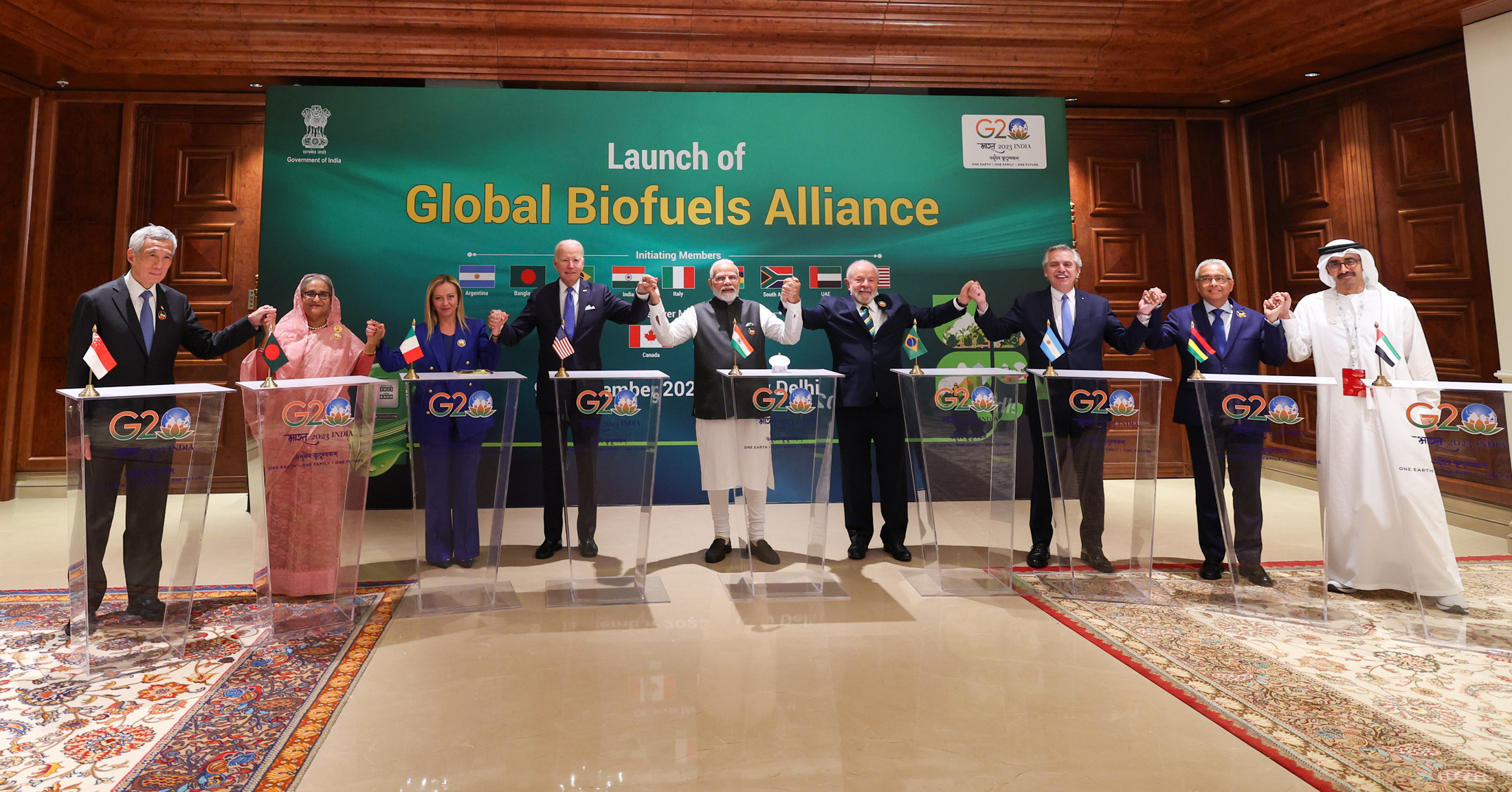After much back-and-forth, the G20 Summit under India’s presidency was finally able to hammer out the text and content of the joint statement, known as the G20 New Delhi Leaders’ Declaration. It’s a significant win for Indian diplomacy, especially since the previous leaders’ summit in Bali under the presidency of Indonesia, failed to produce the joint statement document due to differences in perception and use of language regarding the Russia-Ukraine war in which the European Union members and the US were on one side and the Russia-China axis on the other. In the end, the Bali Summit settled for an outcome document.
The significance of the New Delhi declaration at the Leaders’ Summit is important for India, given that the various important working group and side track meetings that were held since taking over the G20 presidency in November 2022 failed to produce a single joint statement due to the differences among the G20 members about the biggest war ongoing in continental Europe since World War II. It has been reported that India along with Indonesia, Brazil, and South Africa worked behind the scenes to resolve the difference between the Western bloc and the Russia-China axis over the language used to describe Russia’s invasion of Ukraine and bring it to more acceptable semantics. It’s noteworthy that three of the four countries—India, Brazil, and South Africa—involved in the delicate negotiations are part of the BRICS bloc.
The chief coordinator of India’s G20 presidency, Harsh Vardhan Shringla, said, “It was momentous because, in a normal multilateral process, you have to go to the end of any Summit to attain a consensus on an outcome document...The fact that we have come up with the consensus document with the support of our G20 partners on the first day of our presidency, is a tremendously positive news.”

























